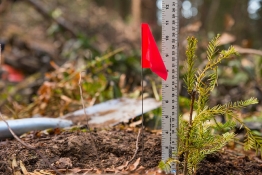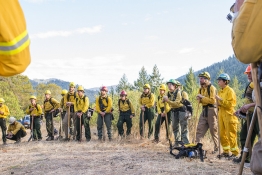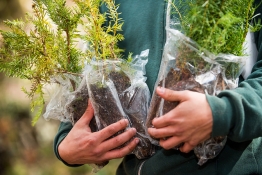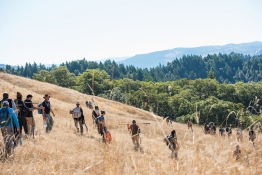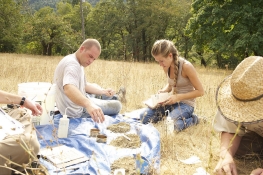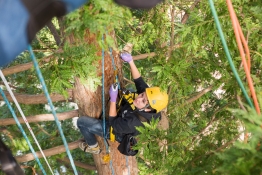Rangeland Resource Science Careers
With a strong foundation in the science of rangelands and the resources they produce, you’ll be highly prepared for your future.
Some Rangeland Resources alumni have gone on to graduate school. Others are making a difference across a wide range of careers. No matter your path, you’ll leave the program ready to succeed.
Related Job Titles
The following list is not meant to be all inclusive; many other job alternatives and titles exist and some require further education. As a Rangeland Resource Science major, careers could reach across other concentration areas; refer to those career guides. Numbers in parentheses refer to Office of Personnel Management Job Series numbers.
Biological Science Technician (0404)
GIS Application Specialist
Habitat Restoration Specialist
Hunting/Fishing Guide
Land Management Supervisor
Natural Resource Specialist
Resource Management Specialist
Ranch and Rangeland Manager
Rangeland Mgmt Specialist (0454)
Range Technician (0455)
Soil Conservationist (0457)
Soil Scientist (0470)
Watershed Technician
Marketable Skills
Communication, and Technology
- Written and oral presentation skills
- Collaboration skills: leadership and group participation
- Program management and implementation
- Communicating scientific concepts
- Conflict management skills
- Mapping and GIS skills
- Geospatial Analysis
Plant Identification and Physiology
- Using dichotomous keys, sight identification
- Taxonomy, systematics, agrostology
- Plant phenology and life cycles
Rangeland Ecology and Management
- Plant ecology: vegetation dynamics
- Ecosystem structure and function
- Role of disturbance; grazing, fire, drought, etc.
- Vegetation management and restoration practices
- Grazing management and behavior, livestock production
- Multiple-use planning: watershed/riparian, wildlife, recreation, ecosystem services
Soil Ecology and Classification
- Fundamentals of soil science
- Soil morphology, genesis and classification
- Soil management and erosion control
Inventory, Monitoring, and Assessment
- Vegetation measurement methods and sampling design
- Data analysis/statistics
- Land classification systems
- Rangeland, Riparian, and road assessments
Natural Resource Policy and Economics
- Public land policy and management
- Understand environmental assessments and impact documents
- Economic impact understanding

